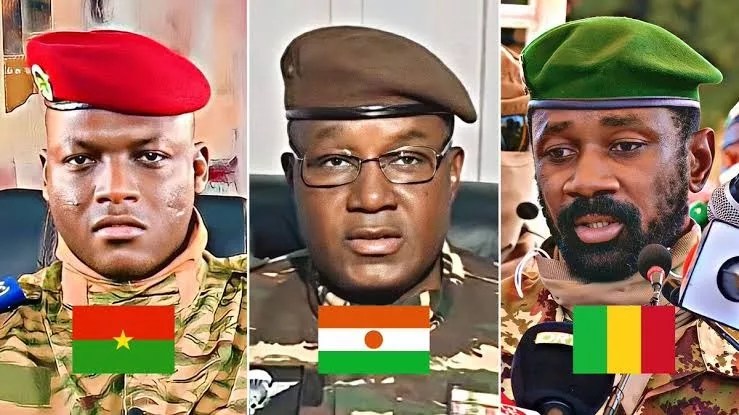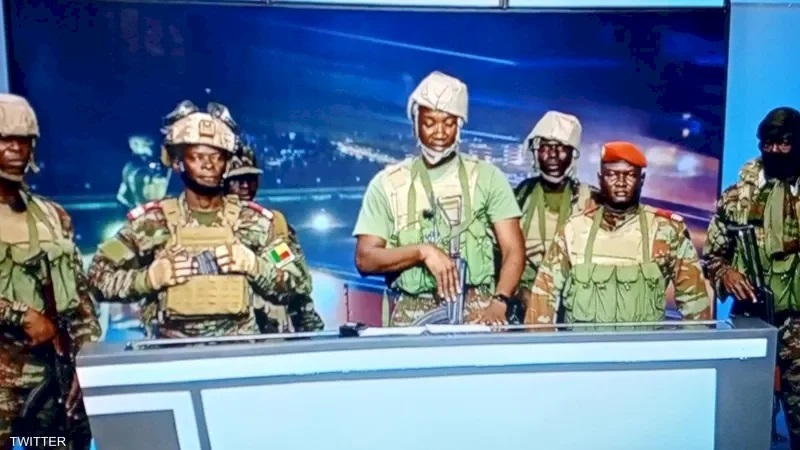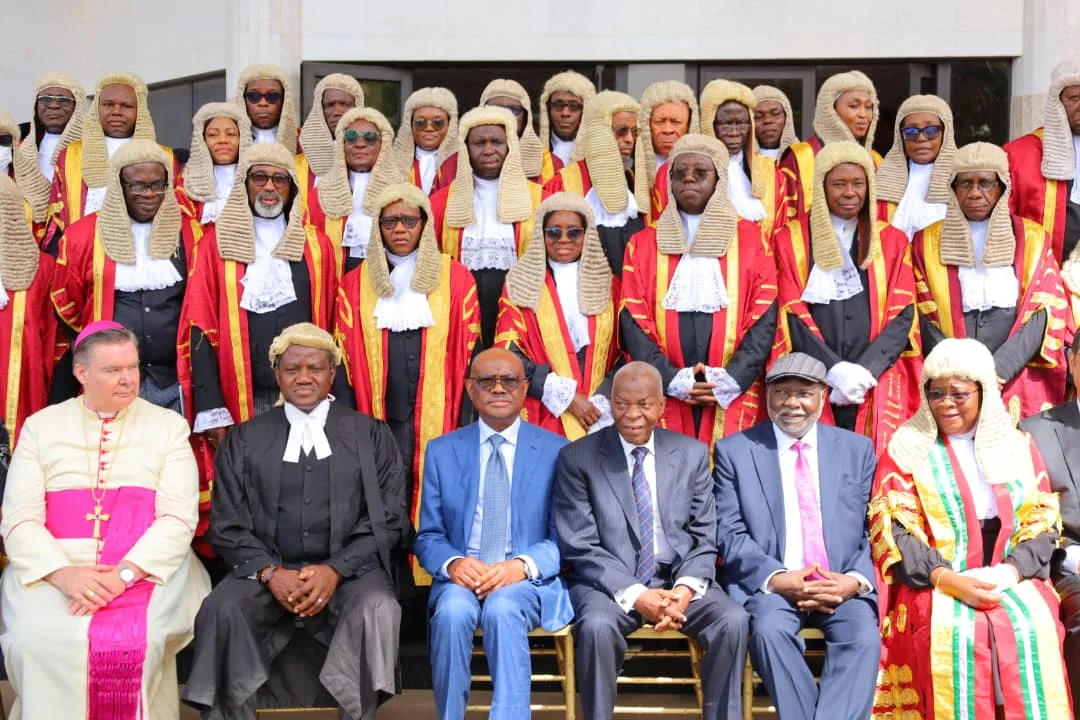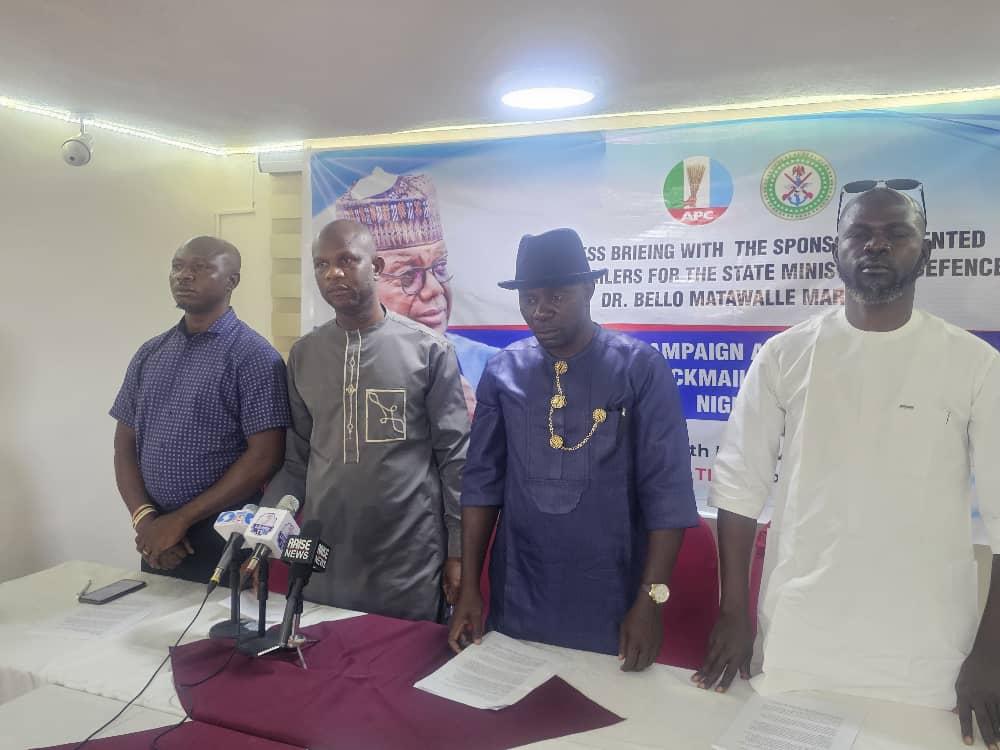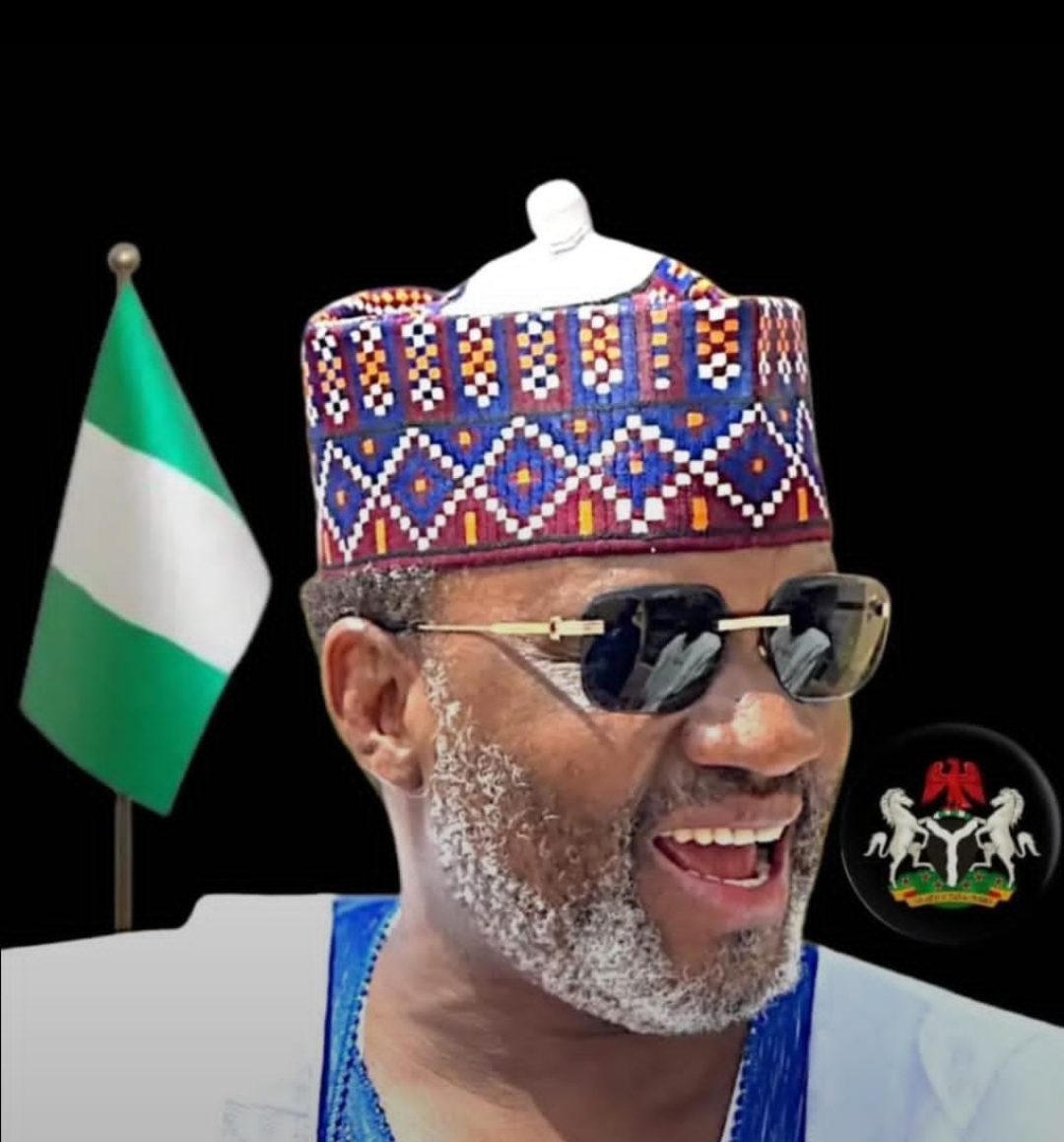The Economic Community of West African States (ECOWAS) has announced that Mali, Burkina Faso, and Niger will officially withdraw from the regional bloc on January 29, 2025.
The decision marks a significant shift in West Africa’s geopolitical landscape as the three countries sever ties following recent political tensions and military-led transitions within their borders.
The announcement was made during the 66th Ordinary Session of ECOWAS at the presidential Villa in Abuja, where President of the ECOWAS Commission, Omar Touray, delivered a communique detailing the withdrawal timeline and subsequent plans for managing the separation.
According to the communique, the three countries will cease to be ECOWAS members on January 29, 2025, in line with Article 91 of the bloc’s revised treaty.
A six-month transitional period, ending on July 29, 2025, has been established to facilitate diplomatic efforts to reintegrate the countries into the organization.
During this period, ECOWAS will continue mediation efforts, led by Senegalese President Bassirou Diomaye Faye and Togolese President Faure Gnassingbé, whose mandates have been extended until the end of the transition.
Despite the impending withdrawal, ECOWAS has expressed its openness to the return of Mali, Burkina Faso, and Niger, emphasizing the importance of regional unity. “The Authority decides to keep ECOWAS doors open to the three countries during the transition period,” the communique stated.
However, ECOWAS has directed its Commission President to initiate formal withdrawal procedures after the January 2025 deadline and develop a contingency plan to manage the separation.
The plan will address political and economic relations between ECOWAS and the three nations.
The withdrawal follows months of strained relations between ECOWAS and the three Sahelian countries, which have been under military-led governments since recent coups. ECOWAS imposed sanctions on these nations, citing their deviation from democratic norms, a move that further isolated them from the regional bloc.
Efforts by ECOWAS leaders, including Chairman Bola Ahmed Tinubu of Nigeria, have sought to bridge the divide, but the latest decision signals a shift towards formalising the separation.
To address the withdrawal’s implications, ECOWAS has directed its Council of Ministers to convene an extraordinary session in mid-2025.
This session will focus on adopting separation modalities and defining the framework for future interactions with the departing nations.

